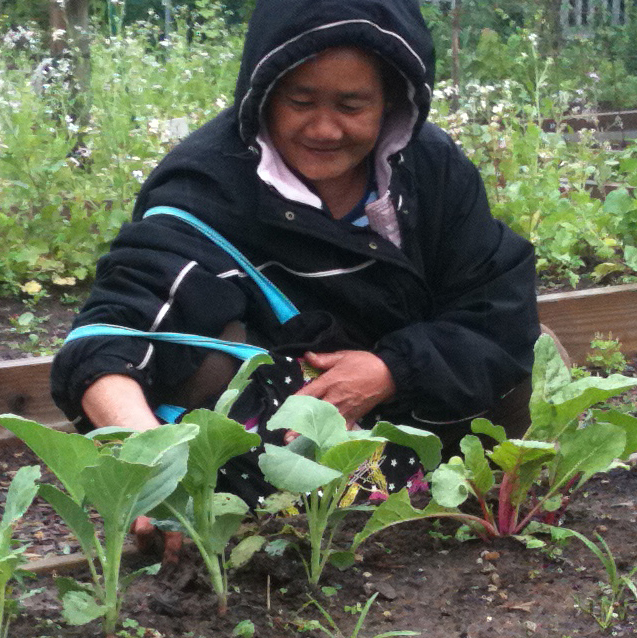Refugee Farming & Education

Dates of Program
2010 – 2013
Field of Work
Enabling refugees to learn successful farming strategies in the northeast Indiana climate while also increasing their incomes and their access to quality and cultur-ally familiar fresh foods.
Problem Synopsis
Sixty-five percent of the Burmese refugees resettled in northeast Indiana were farmers in their native country of Burma. Few of these formerly Burmese farmers had access to farm land or knowledge of local climate and farming techniques. They also need more income, better access to quality and culturally familiar foods, as well as opportunities for improving their physical and mental health and integrating into their community.
Synopsis of Work
Catherine Kasper Place engaged refugees, asylees and immigrants in one or more of three growing opportunities: small individual plots at their apartment residences, community garden sites, or one of two urban farming locations. Participants had the opportunity to grow just for themselves, to share their produce with others in community plots, to grow for CSA (community supported agriculture) shares, and/or to sale at local farm markets. Participants were taught basic gardening and marketing skills as well as particulars of cultivating both native Indiana crops and ethnic plants of their choosing. In the third year, a curriculum titled “Farm Management Training” was also taught to experienced micro-farmers. Common crops included tomatoes, peppers, cucumbers, peas, radishes and roselle. Beekeeping and honey production were also included. The project grew from 36 raised beds accessible by public transportation in the first year to a two-acre farm across the street from a public housing complex in a food desert community in its third year.
Primary Partners
- U.S. Department of Health & Human Services, Office of Refugee Resettlement’s Refugee Agricultural Partnership Program (Funder/Technical Assistance)
- St. Joseph Community Health Foundation (Fiscal Agent)
- Catherine Kasper Place Ministry (Service Provider)
- Community Partners (Growth in Agriculture Through Education, The Reclamation Project, St. Mary’s Soup Kitchen, Miss Virginia’s Mission House, Redemption House, and Wellspring Interfaith Social Services)
Key Results
- 43 individual participants joined the program as farmers.
- More than 60 educational trainings were offered on urban farming and marketing; many participants also took advantage of English as a Second Language (ESL) training.
- Over 8,000 pounds of food produce were harvested and distributed to families, clients and local food banks.
- More than 500 volunteers have donated time, talent and treasure on this project enjoying the opportunity to build friendships with refugees.
Catherine Kasper Place’s Mission
Advances integration of refugees and immigrants successfully into the community through investment in and collaboration with other community agencies that steward resources to improve the physical, mental, and spiritual health of the poor and underserved.
